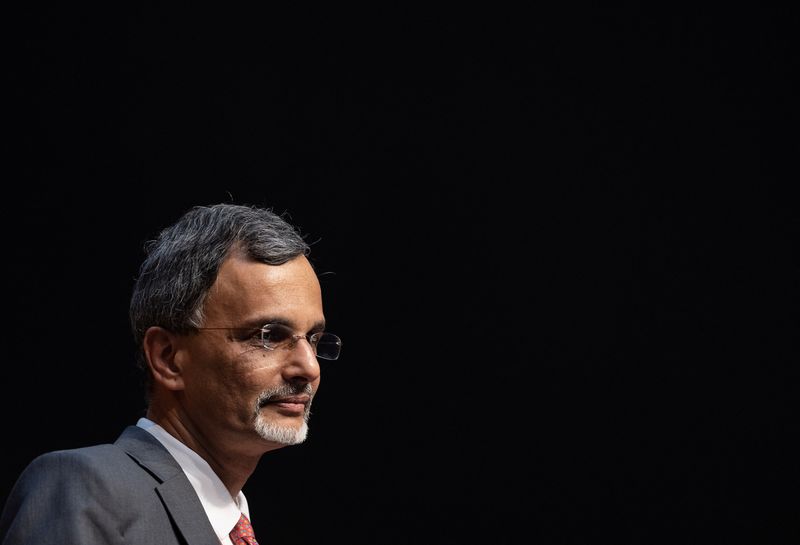NEW DELHI (Reuters) - India's annual economic report card has backed more Chinese investment in the country, even as investments worth billions of dollars from China suffer disruption due to increased geopolitical tensions between New Delhi and Beijing since 2020.
India's Chief Economic Adviser V. Anantha Nageswaran said in the annual economic survey tabled in the Parliament on Monday, that to boost its global exports New Delhi can either integrate into China's supply chain or promote foreign direct investment (FDI) from China.
"Among these choices, focusing on FDI from China seems more promising for boosting India's exports to the U.S., similar to how East Asian economies did in the past."
The report said choosing the FDI strategy "appears more advantageous than relying on trade" as it can arrest the growing trade deficit New Delhi has with Beijing, the top exporter for India.
India has tightened its scrutiny of investments from Chinese companies since 2020, as relations between the two nuclear giants have soured after clashes between their soldiers on their largely undemarcated Himalayan frontier left 20 Indian and four Chinese soldiers dead.
Along with investments scrutiny, India has also virtually blocked visas for all Chinese nationals since 2020, but it is considering easing them for Chinese technicians, as it had hindered investments worth billions of dollars.

Western countries are looking for alternative import avenues to reduce their reliance on China in global manufacturing and supply chains.
India's net FDI inflow dropped by 62.17% to $10.58 billion in 2023-24 (FY24), a 17-year-low, from $27.98 billion the previous year, central bank data showed.